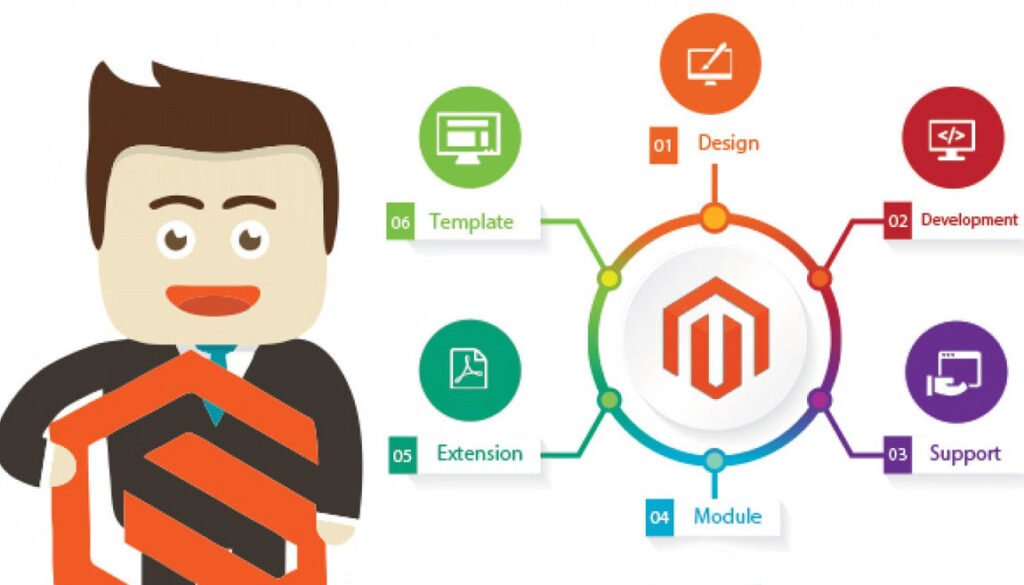Technology as a Service and its Features


Technology as a Service (TaaS) is an innovative business model that allows organizations to access advanced technology solutions without having to purchase, manage, and maintain the underlying infrastructure and software. This model provides organizations with a convenient and cost-effective way to access the latest technology solutions as well as experienced technical support with a minimal upfront cost and overhead. Common examples of TaaS include cloud computing services, software-as-a-service (SaaS), managed-to-host, and managed IT services.
Contents
Advantages to using Technology-as-a-Service
1. Cloud Computing:
Technology-as-a-Service (TaaS) can help organizations with cloud computing by providing a comprehensive, pay-as-you-go solution for their IT needs. This can include managed services, such as cloud storage, virtualization, and software-as-a-service (SaaS). TaaS can provide organizations with the resources they need to manage their data, applications, and infrastructure in the cloud and scale their IT operations quickly and efficiently.
2. Data Analytics:
TaaS can also help organizations with data analytics. By providing access to the right tools and resources, TaaS can enable organizations to analyze their data efficiently and effectively. TaaS can provide data analysis tools that can help organizations better understand their data and make decisions based on the insights they gain.
3. Cybersecurity:
TaaS can also help organizations with cybersecurity. TaaS is an invaluable asset to organizations as it provides them with the necessary tools to guard their data and networks against malicious cyber intrusions. This includes managed security services, such as firewalls, antivirus software, and identity and access management. TaaS is an invaluable tool for organizations to identify and address cyber threats quickly and accurately.
4. Internet of Things (IoT):
TaaS can also help organizations with their Internet of Things (IoT) initiatives. TaaS can provide organizations with the tools and resources needed to manage their IoT deployments. This can include managed services, such as device management, data analytics, and security. TaaS can also provide organizations with the ability to quickly integrate and manage their IoT devices in the cloud.
5. Artificial Intelligence (AI):
Finally, TaaS can also help organizations with their Artificial Intelligence (AI) initiatives. TaaS can provide organizations with access to the right tools and resources needed to develop and deploy AI solutions. This can include managed services, such as machine learning models, natural language processing, and AI-powered chatbots. TaaS can also help organizations scale their AI initiatives quickly and efficiently.
You may also like to read NCS Announces New Technology-As-A-Service Program
Technology as a Service Offers New Ways to Maximize Business Efficiency
Technology as a Service (TaaS) is an emerging technology trend that provides businesses with access to the latest technology and services without the need for upfront investments in hardware, software, and infrastructure. By utilizing the cloud, businesses are able to access the latest technology on-demand and pay for only what they need and use. This approach offers businesses new ways to maximize their efficiency and productivity. TaaS allows businesses to access the best technology without having to invest in it upfront. This approach helps companies save money while still being able to access the latest innovations.
Additionally, TaaS helps businesses stay flexible and agile to adjust to changing market conditions. By using TaaS, businesses can quickly adjust their technology needs to meet changing customer needs. TaaS also enables businesses to quickly scale up or down as needed. If a business needs more technology to meet customer demand, it can quickly access it without having to invest in more hardware or software. This approach helps businesses maximize their resources, allowing them to focus on growing their business instead of maintaining outdated technology.
Finally, TaaS provides businesses with access to the latest technology and services. By utilizing the cloud, businesses can access the latest updates and features available in the technology world.
Overall, Technology as a Service provides businesses with new ways to maximize their efficiency and productivity. By utilizing the cloud, businesses can access the latest technology and services without having to make large upfront investments. This approach allows businesses to remain flexible and agile to quickly adjust to changing customer needs. Additionally, businesses can quickly scale up or down as needed without having to invest in more hardware or software.









